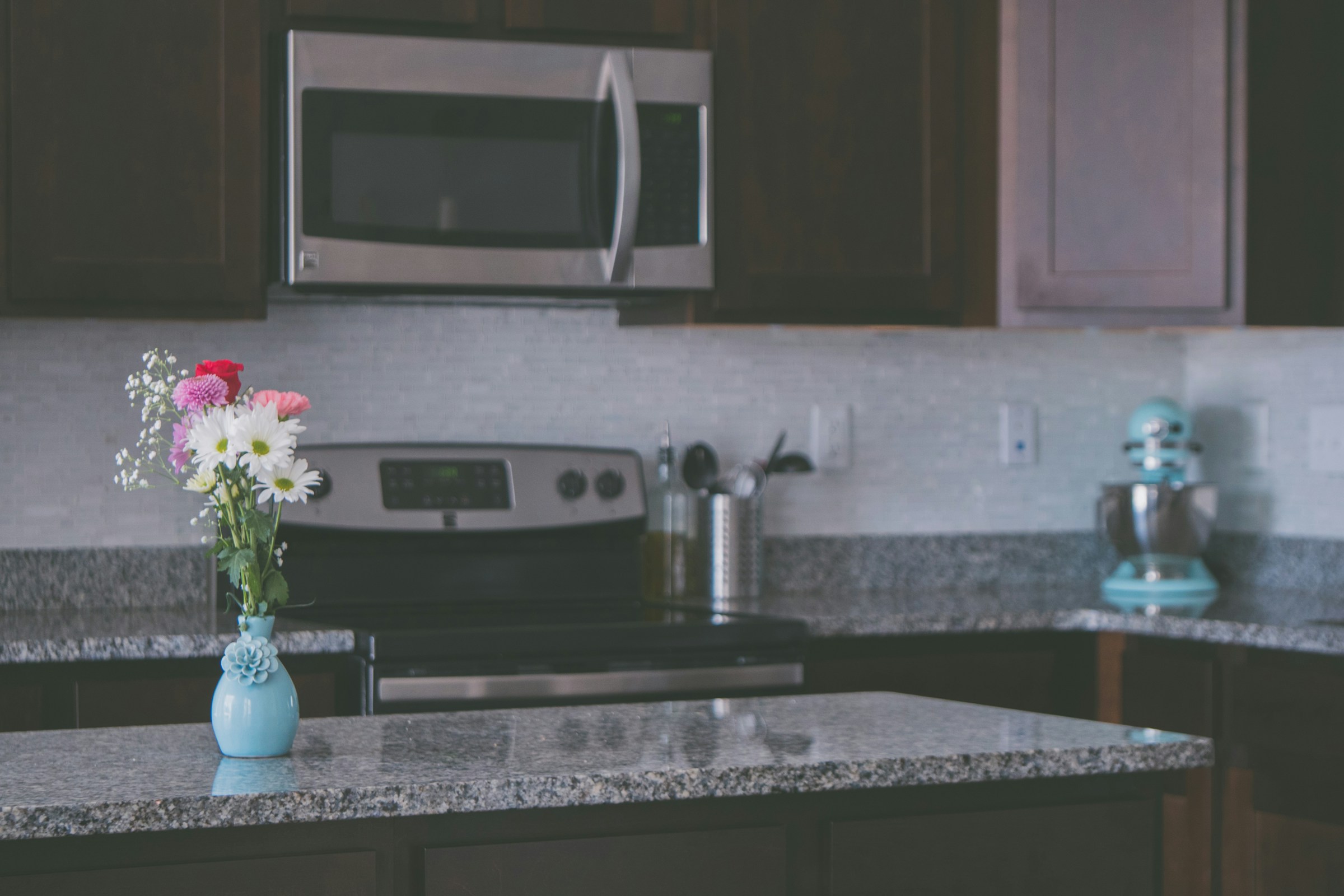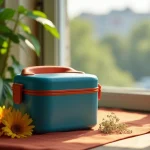In the bustling heart of your home – the kitchen, the countertop can often be a focal point, both functionally and aesthetically. To sustain their beauty and purpose, it’s imperative to choose a material that is not only appealing to the eye but also robust enough to withstand the daily wear and tear, especially from heat and stains.
In this in-depth guide, we’re taking a close look at some of the best countertop materials that offer excellent heat and stain resistance, including quartz, granite, marble, concrete, and tile.
Also to read : How can revolving spice racks save space and improve kitchen efficiency?
Quartz Countertops
Quartz countertops have skyrocketed in popularity over recent years, and for good reasons. This man-made material is a blend of natural quartz and a binding resin, resulting in a robust and non-porous surface.
Why is non-porosity a key attribute? It means that quartz countertops are highly resistant to staining. Whether it’s an accidental spill of red wine or a drop of hot tomato sauce, you can simply wipe it off without fear of lasting damage. Moreover, quartz is also relatively heat resistant but should not be exposed to extremely high temperatures without protection.
In parallel : Chic and functional: top insulated lunch bags for everyone
When it comes to design, quartz has an upper hand. Available in a myriad of patterns and colors, you can customize your kitchen to your individual taste, creating a unique aesthetic that is not possible with natural stone surfaces.
Granite Countertops
A classic choice in many kitchens, granite countertops offer a touch of sophistication and timeless appeal. As a natural stone, granite’s resistance to heat and stains is noteworthy.
One of the hardest materials on earth, granite can withstand hot pots and pans without damage, making it a great choice for those who do a lot of cooking. It’s also resistant to most stains when sealed correctly.
However, maintenance is a consideration with granite. To keep its resistance high and its look pristine, resealing every so often is recommended.
Marble Countertops
Marble is the epitome of luxury. Its unique veining and warm tones add a touch of glamour to any kitchen. But is it practical? If heat resistance is your concern, marble countertops are a stellar option. They can take the heat without burning or catching fire.
On the downside, marble is a porous material. Even with sealing, some stains may seep into the pores of the stone, causing discoloration. Therefore, careful handling and immediate cleanup of spills is a must with marble countertops.
Concrete Countertops
If you’re after a countertop with a contemporary, industrial vibe, concrete might be your best bet. It’s customizable, allowing for unique textures, colors, and finishes that can truly make your kitchen stand out.
In terms of heat resistance, concrete is a champion. Hot pans can be placed directly on the surface without causing damage.
However, concrete is porous by nature. Therefore, it needs to be properly sealed to maintain stain resistance. Regular waxing and resealing is a must to keep your concrete countertop looking its best.
Tile Countertops
Last but not least, tile is a versatile and affordable option for countertops. Ceramic and porcelain tiles are both excellent choices that offer a high level of resistance to heat and stains.
Tiles are not affected by heat, so you can place hot pots and pans directly on the surface without worry. They’re also non-porous, meaning they resist stains quite well.
One potential downside is the grout lines, which can accumulate stains and grime over time. Regular cleaning and proper sealing can go a long way in maintaining the beauty and functionality of tile countertops.
Choosing the best countertop material for your kitchen can be a daunting task, especially when considering factors like heat and stain resistance. However, with the right knowledge and understanding of materials, you can make an informed decision that will serve your needs and enhance the beauty of your kitchen. Always remember that each material has its pros and cons, so consider your lifestyle, cooking habits, and aesthetic preferences when making your choice.
Laminate Countertops
A highly versatile and budget-friendly option, laminate countertops come in a wide range of colors and patterns, replicating the look of pricier materials such as granite, quartz, and wood. They are perfect for homeowners who want to emulate a high-end look without breaking the bank.
Laminate countertops are also fairly resistant to heat. While they can withstand high temperatures to a certain degree, they are less resilient than materials such as granite, concrete, and quartz. Therefore, it’s best to use trivets or heat pads to protect the surface from hot pots and pans.
As for stain resistance, laminate surfaces perform quite well. They are non-porous, meaning spills and stains can be easily wiped away without seeping into the surface. However, the laminate is susceptible to scratches and cuts, so using a cutting board is recommended to maintain the look and functionality of your countertop.
Stainless Steel Countertops
Stainless steel countertops are a popular choice in professional kitchens but they have gradually found their way into residential homes. Their seamless, sleek look fits perfectly in modern and industrial-style kitchens and they are known for their durability and ease of cleaning.
When it comes to heat resistance, stainless steel stands head and shoulders above most materials. It can tolerate extreme temperatures without warping or discoloring, making it an ideal choice for those who cook regularly.
In terms of stain resistance, stainless steel is incredibly easy to clean. Spills and splatters can be easily wiped off. However, it may show fingerprints and smudges, so frequent wiping may be necessary to maintain its shiny appearance. Additionally, scratches and nicks can occur over time, adding to a distressed, lived-in look that some homeowners may appreciate.
Conclusion
Choosing the right countertop material for your kitchen depends on various factors including your budget, personal style, and lifestyle habits. For homeowners who value heat and stain resistance, natural stone countertops like granite and quartz are excellent choices. For those on a tighter budget, laminate and tile countertops can provide a stylish solution without compromising much on functionality. Alternatively, stainless steel and concrete countertops offer a unique aesthetic while being highly heat resistant.
There is a wide variety of countertop materials available today, each with its own set of advantages and disadvantages. Ultimately, the best kitchen countertop material is one that meets your specific needs and complements the overall design of your kitchen. By considering each material’s heat and stain resistance, you’ll be well-equipped to make an informed decision that enhances your kitchen’s functionality and beauty.






